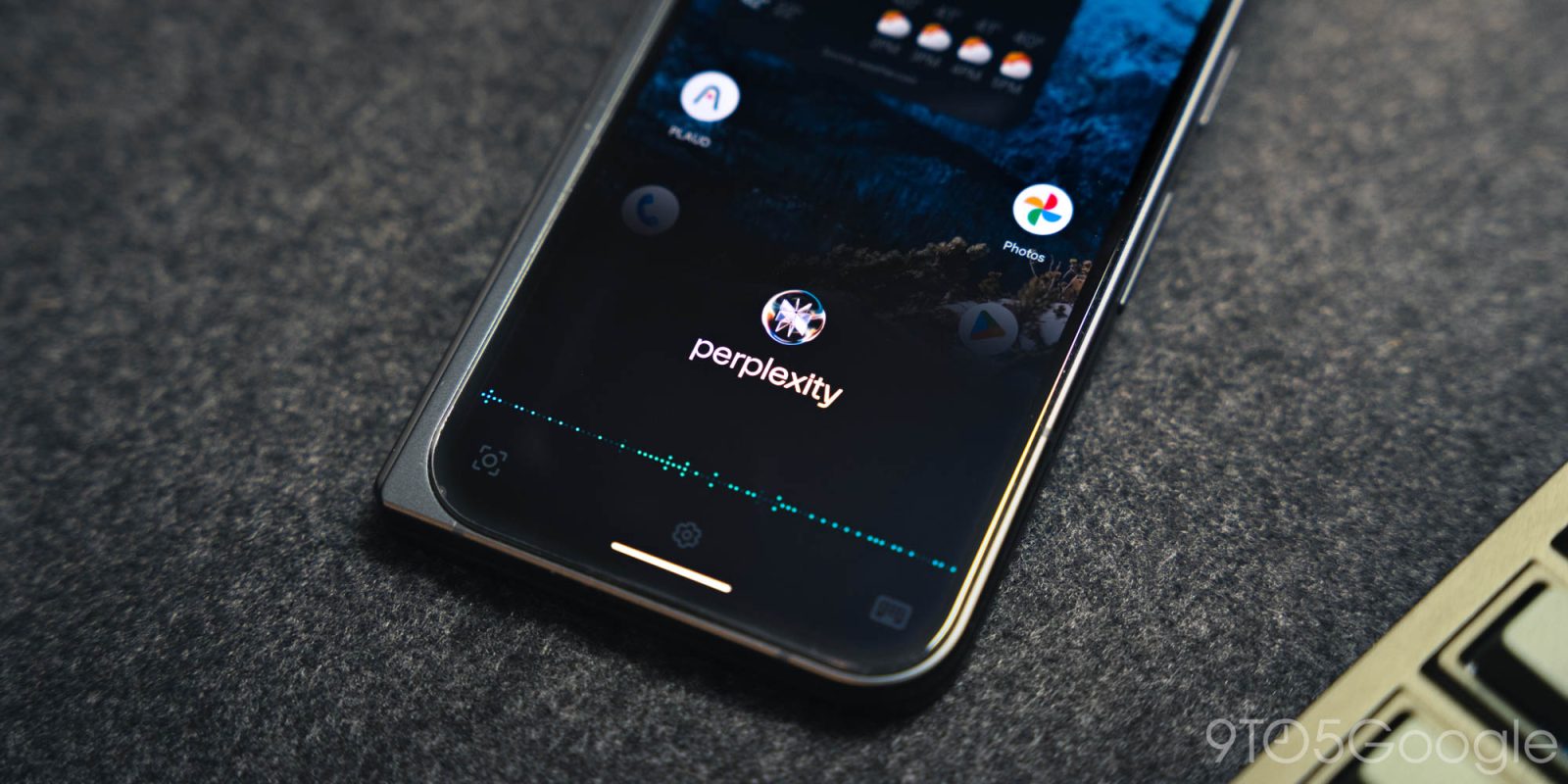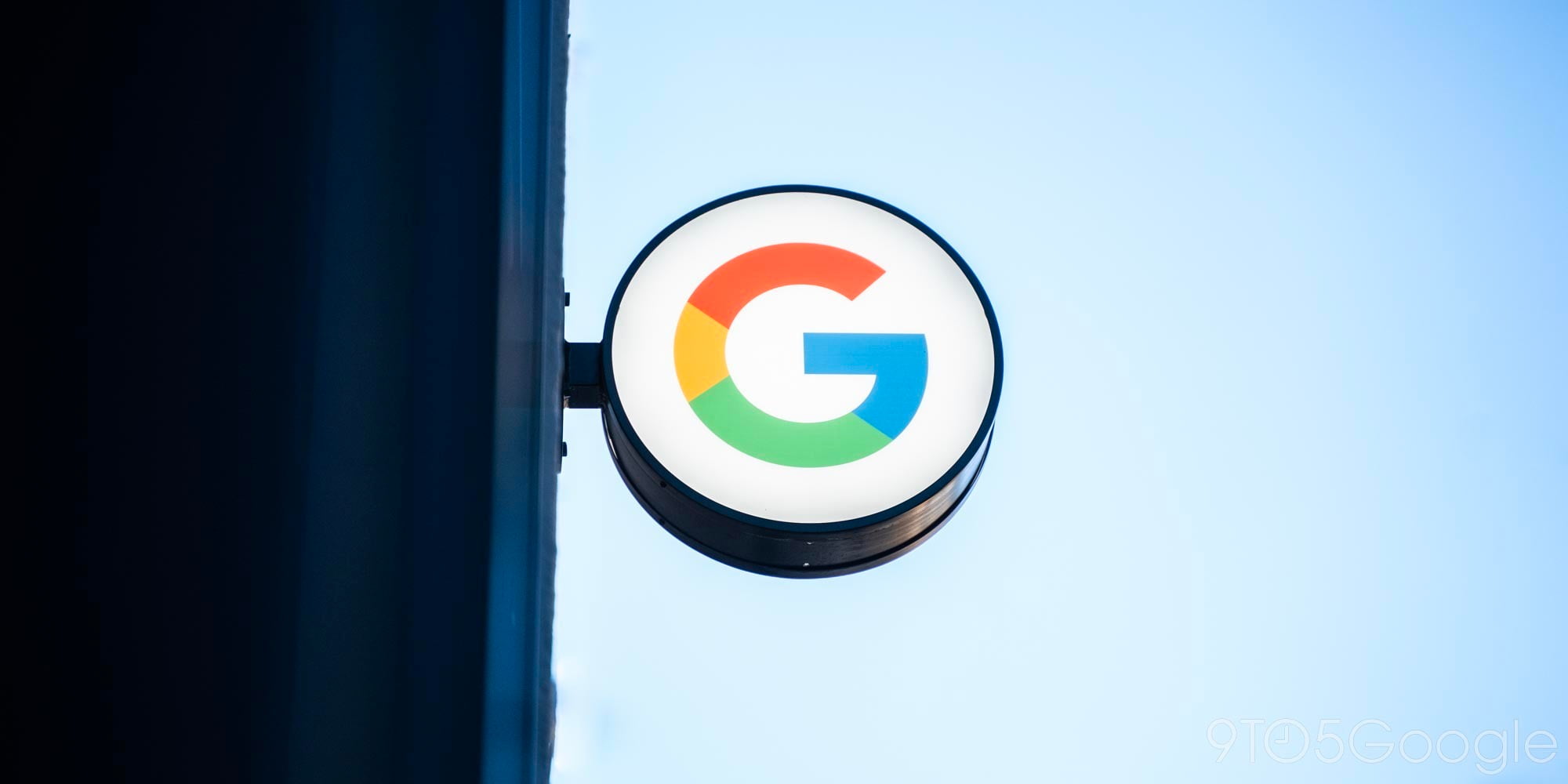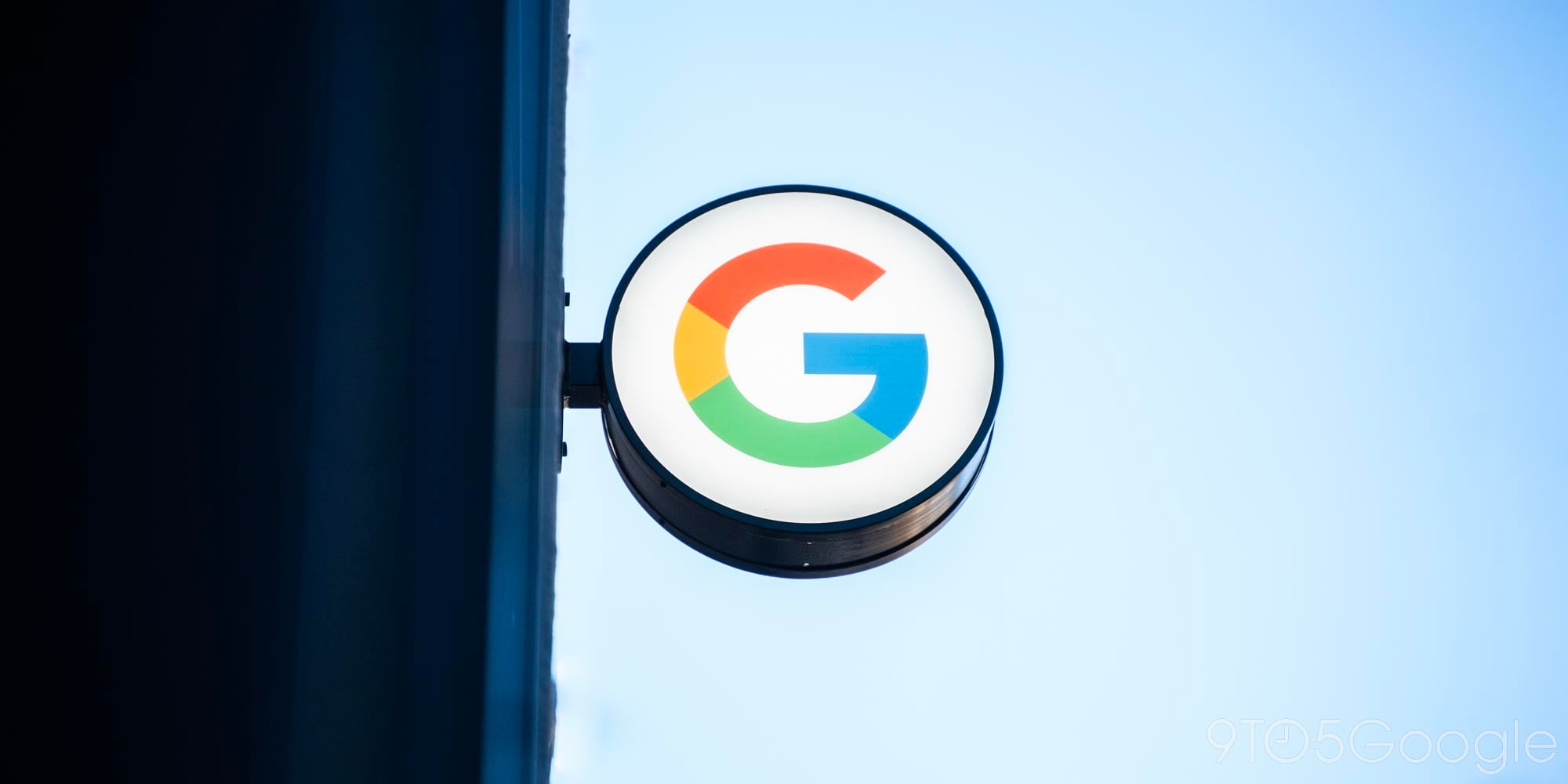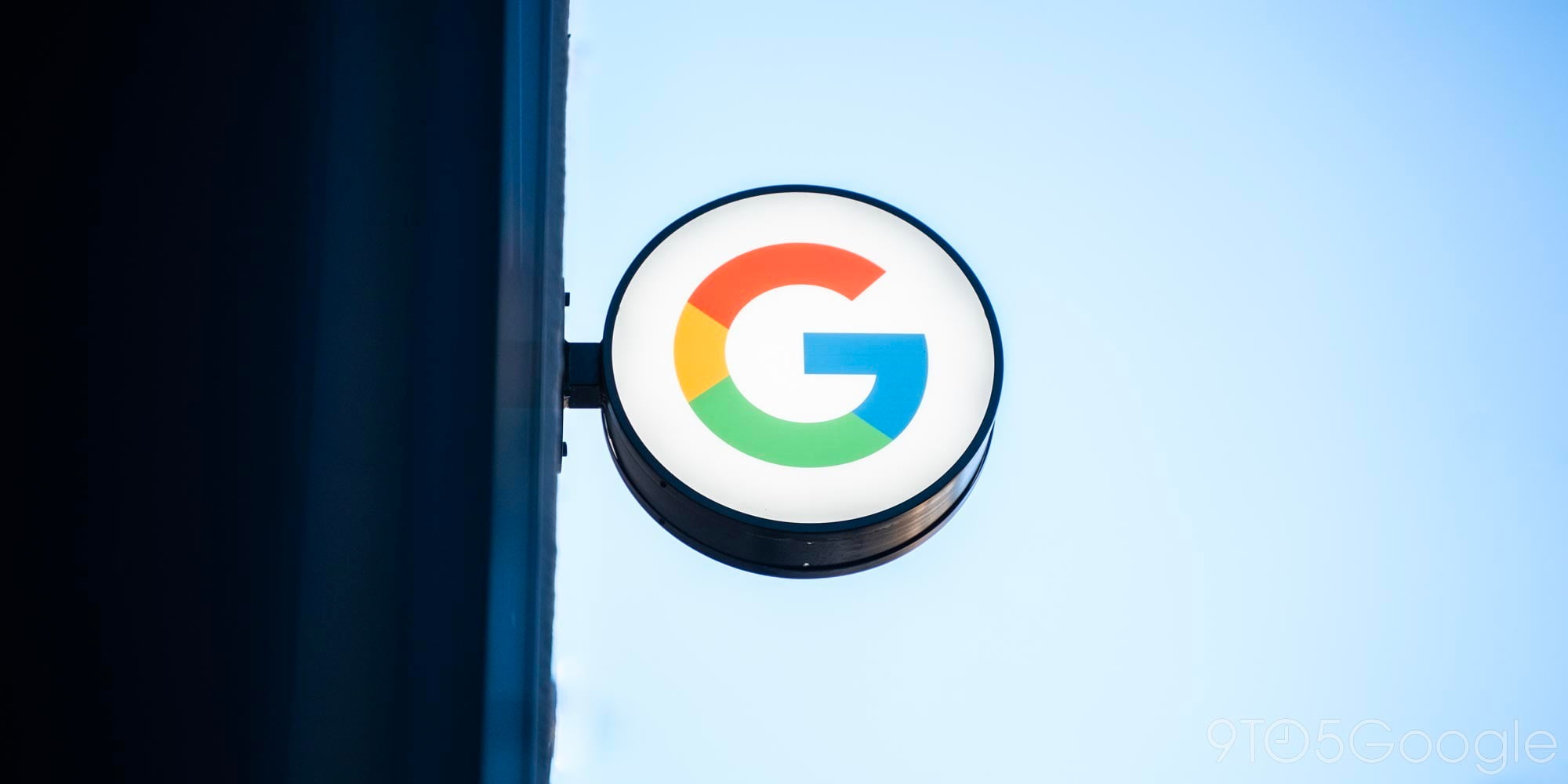
Google argues that should any of its self-driving cars get a ticket for a traffic violation, that ticket should go to the company and not to the person in the driver’s seat, reports The Atlantic.
“Right now the California Vehicle Code reads that the person seated in the driver’s seat is responsible for the movement of the vehicle,” Mountain View PD’s Jaeger tole me in an email […]
“What we’ve been saying to the folks in the DMV, even in public session, for unmanned vehicles, we think the ticket should go to the company. Because the decisions are not being made by the individual,” said Ron Medford, safety director for Google’s self-driving car program, and the former deputy administrator of the National Highway Traffic Safety Administration.
None of Google’s self-driving cars have yet been ticketed, but the possibility could have significant implications in states like California that apply points to driving licenses as well as handing out fines.
Surprisingly, the DMV is already addressing the issue, having held four public meetings to examine the way the driving code might need to be adapted to cope with autonomous cars.
The assistant chief counsel for the California DMV, Brian Soublet, opened the most recent meeting asking, specifically, if anyone had comments on the definition of operator in the legal code. “The vehicle code defines an operator as the person seated in the driver’s seat,” Soublet said, “or if there is no one seated in the driver’s seat, the person who causes the autonomous technology to engage.” […]
“[In law] a person includes a corporation and a partnership and other forms of entities. So when we think of a vehicle being operated, is it that inclusive? Is the operator that person, that could be a corporation?”
So if your self-driving car decides it is safer to run a light than to brake hard, it could be Google who picks up the tab.







